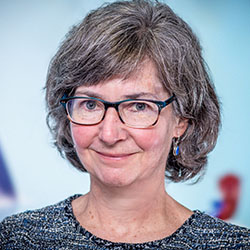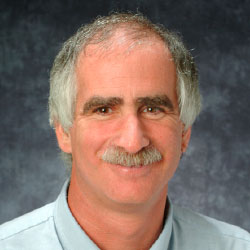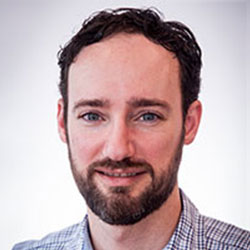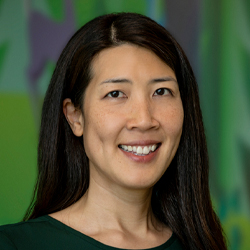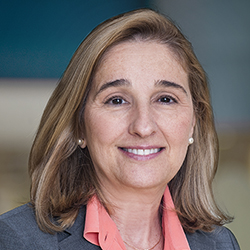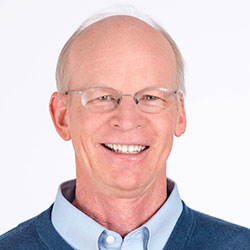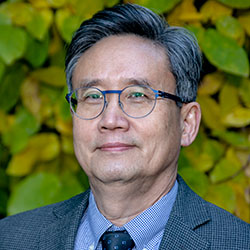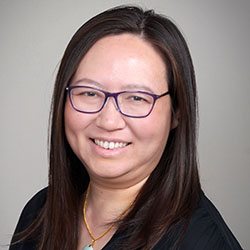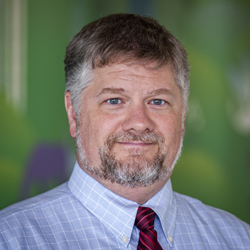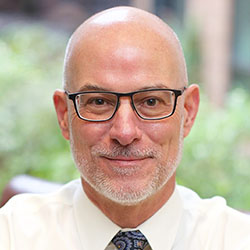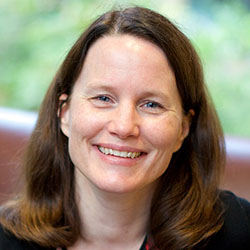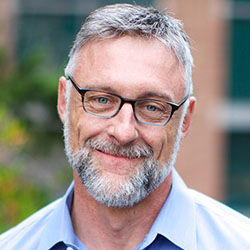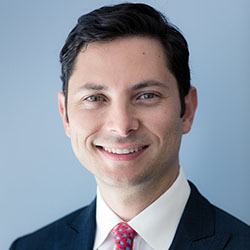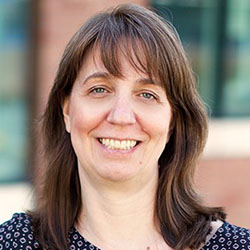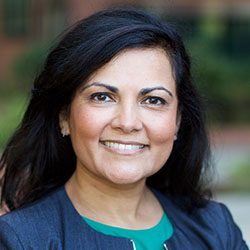Non-Malignant Transplant Program
What is the Non-Malignant Transplant Program?
Hematopoietic (him-at-oh-poy-EH-tik) stem cell transplantation is a lifesaving therapy for people with many types of diseases. Our Non-Malignant Transplant Program is very experienced in treating children with life-threatening conditions other than cancer. These include:
- Primary immunodeficiency disorders
- Bone marrow failure diseases
- Metabolic disorders
- Conditions that affect hemoglobin, such as sickle cell disease and thalassemia
Experts from Seattle Children’s and Fred Hutchinson Cancer Center will team up to care for your child. Fred Hutch pioneered stem cell transplants 40 years ago and is one of the largest transplant centers in the world. Your child will receive care at Seattle Children’s.
Ask your doctor to refer you or call 206-987-2106 for more information.
What is a hematopoietic stem cell transplant?
Hematopoietic stem cells are young blood cells that grow into the blood and immune cells that your child needs to be healthy. Some children are born with an abnormal system for making blood cells, including cells needed for a healthy immune system. A hematopoietic stem cell transplant replaces their abnormal system with a healthy system from another person. This person may be:
- A family member (related donor)
- A healthy person who is not related to your child (unrelated donor)
What’s special about the Non-Malignant Transplant Program at Seattle Children’s?
Led by Dr. Lauri Burroughs, our team is very experienced in caring for young people who need hematopoietic stem cell transplants. Our team also includes specialists in other fields that are critical to your child’s care, such as immunology, hematology and infectious diseases.
Burroughs is a national expert in transplantation for youth with non-malignant conditions. Over the past 10 years, she helped develop national clinical trials for these patients through a lead role in the Pediatric Blood and Marrow Transplant Consortium (PBMTC). PBMTC is the largest clinical trials group focused solely on blood and marrow transplantation in children and teens. Burroughs currently leads 2 national clinical trials and several local clinical trials.
“I am blown away by the care we received. The staff communicated with one another to make sure they were all on the same page, used their available resources to benefit Abram and brought in specialists to address every concern that came up. To be so consistently cohesive is not an accident.”
-
Transplants for more kids, with better results
Diseases that affect the bone marrow and immune system make some children too sick to withstand the powerful drugs or radiation (called conditioning) that helps prepare their body for the transplant. Our team has created better ways to help prepare them. This is called reduced-intensity or lower-toxicity conditioning.
One promising method uses a new drug called treosulfan along with fludarabine. Burroughs led the first research study of treosulfan-based conditioning for patients with non-malignant diseases in the United States. Early results show excellent overall survival and low toxicity rates. Burroughs and colleagues continue to fine-tune the lower-toxicity conditioning. Their goal is to improve survival and reduce complications for our patients.
New advances make it possible for children to have transplants who were not eligible in the past or who would be considered too high risk at other centers. Some of these options are only offered in research studies called clinical trials. See clinical trials offered through Seattle Children’s and Fred Hutch.
Our advanced options include:
- New ways to prepare children for transplant if they do not have a fully matched donor
- Approaches that help children avoid graft-versus-host disease (GVHD) after transplant
- Gene therapy for children with some types of inherited conditions, such as severe combined immunodeficiency (SCID), Wiskott-Aldrich syndrome and sickle cell disease
-
Complete care for your child
Transplant may not be the only treatment option for your child’s illness. At Seattle Children's, our specialists can provide a full range of treatments, based on what is best for your child.
Your child will get the care they need from experts in:
- Transplantation
- Blood disorders (hematology)
- The immune system (immunology)
- Infectious disease
- Metabolism (gastroenterology)
- Kidney disease (nephrology)
- Inflammatory diseases (rheumatology)
- Genetics
Our team members work together during the transplant process so your child gets the very best care for all aspects of their health. The multidisciplinary team from Seattle Children’s follows your child throughout their recovery and for many years following transplant.
Combining different skills, knowledge and experience helps us determine the best treatment plan for your child. For details on the number of stem cell transplants we do each year and survival rates for children who receive them, see statistics and outcomes.
-
Experts in the immune system
- Our large team of doctors has over 40 years of experience diagnosing and treating children with conditions that affect their immune systems. They are experts in caring for patients with unusual or serious infections or autoimmune problems. Read more about Seattle Children’s Immunology Clinic.
- Researchers at our Center for Immunity and Immunotherapies work in the lab and with youth to improve diagnosis and treatment of immune system disorders.
- We are also active in groups that support patients and families, such as the Immune Deficiency Foundation and the Jeffrey Modell Foundation.
- We take part in the Pediatric Immune Deficiency Treatment Consortium (PIDTC). This group of physician-scientists across North America works together to improve the care of patients with primary immunodeficiency diseases.
-
Specialists in treating bone marrow failure
- The blood specialists in our Bone Marrow Failure Program are very experienced in caring for children and teens with conditions that may require stem cell transplants.
- We offer a full range of treatments for marrow failure disorders in addition to stem cell transplants.
- Our doctors are involved in the national registries for severe chronic neutropenia, Shwachman-Diamond syndrome (SDS) and Diamond Blackfan anemia (DBA). Collecting information about people who have a disease helps researchers learn more about the disease and find better ways to treat it.
-
Support for your whole family
We care for your whole child. We don’t just treat their disease. Your family will have a full team behind you, with specialists in nutrition, pain management, social work, physical therapy, psychology and emotional health. Read more about the supportive care we offer.
At Seattle Children's, we work with children and families from around the Northwest and beyond. Whether you live nearby or far away, we can help with financial counseling, schooling, housing, transportation, interpreter services and spiritual care. Read about our services for patients and families.
Conditions We Treat
Your child's doctors may suggest a stem cell transplant to treat conditions such as:
- Primary immunodeficiency diseases and immune disorders. These include SCID, Wiskott-Aldrich syndrome (WAS), chronic granulomatous disease (CGD), T-cell immunodeficiency disorders and immune dysregulation, endocrinopathy, enteropathy, X-linked (IPEX).
- Bone marrow failure disorders such as severe aplastic anemia, and Diamond-Blackfan anemia, Shwachman-Diamond syndrome, Fanconi anemia, dyskeratosis congenita, congenital neutropenia and congenital amegakaryocytic anemia.
- Hemophagocytic disorders such as hemophagocytic lymphohistiocytosis (HLH).
- Conditions that affect hemoglobin, like sickle cell disease and thalassemia.
- Inherited metabolic disorders such as Hurlers syndrome and adrenoleukodystrophy.
- Autoimmune diseases, including systemic sclerosis.
Non-Malignant Transplant Team
Professionals from many fields work together to plan treatment and care for your child. Everyone on the team has extra training and years of experience in the special needs of children and teens.
Meet the doctors on our team:
Team
Immunology
-
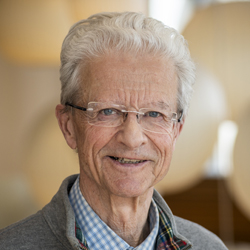
Hans D Ochs, MD
Contact Us
Ask your doctor to refer you or call 206-987-2106 for more information.
Paying for Care
Learn about paying for care at Seattle Children’s, including insurance coverage, billing and financial assistance.
